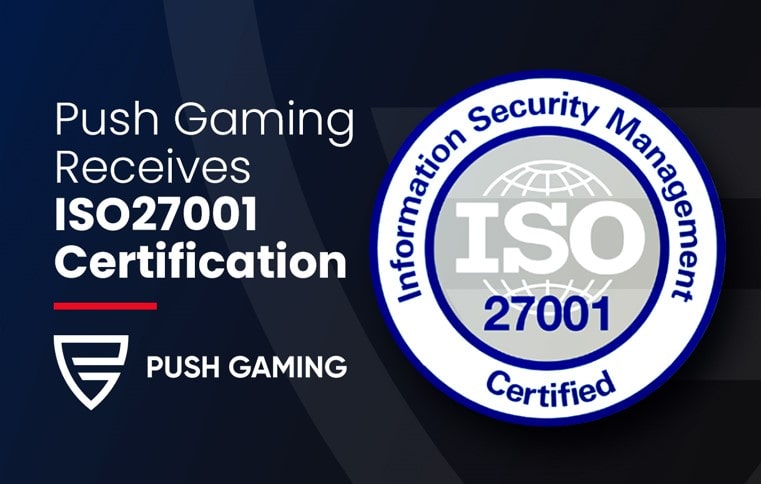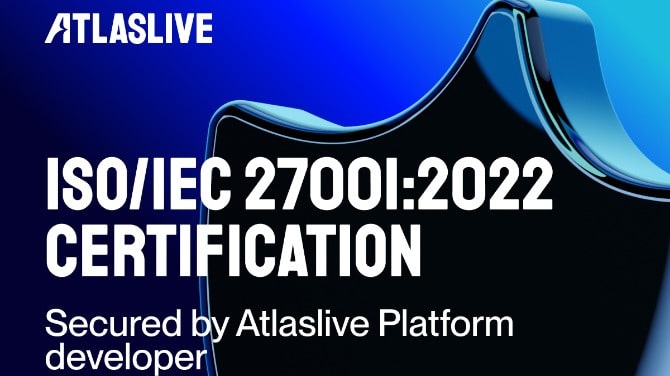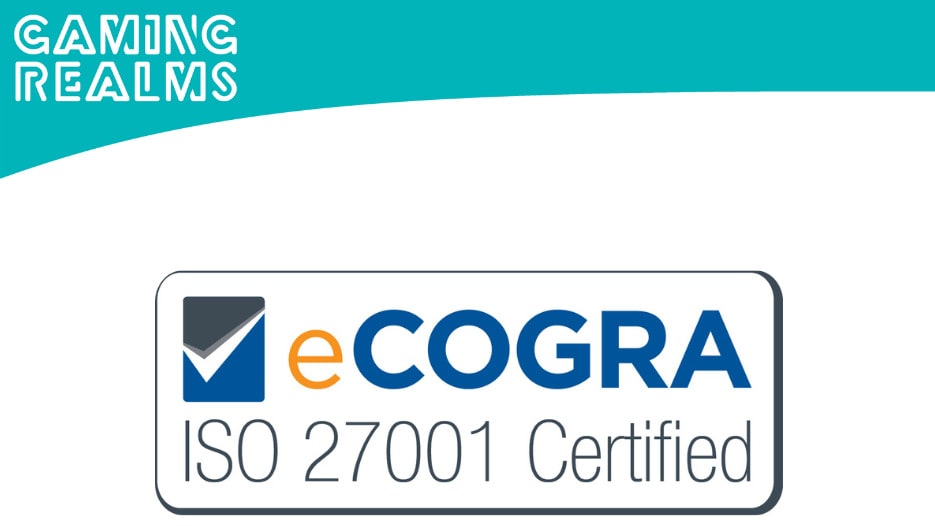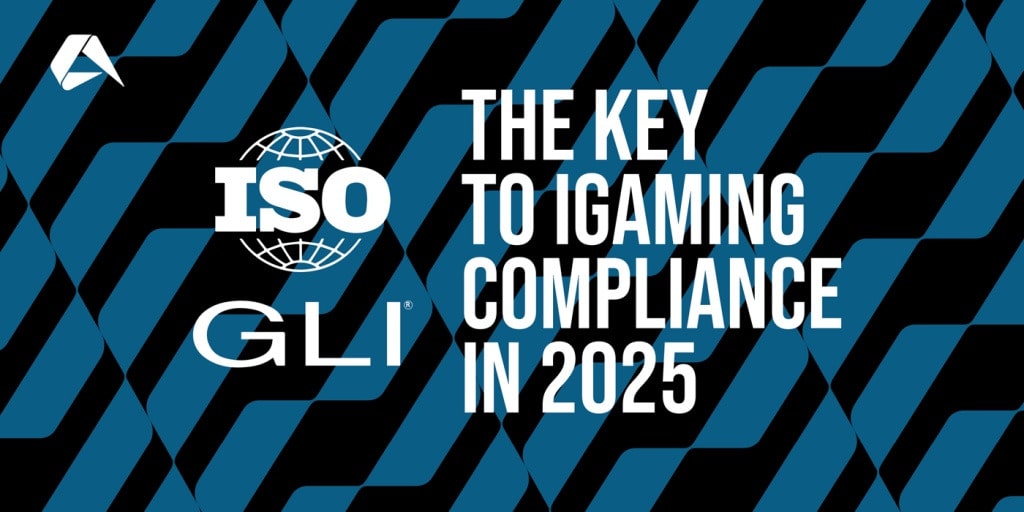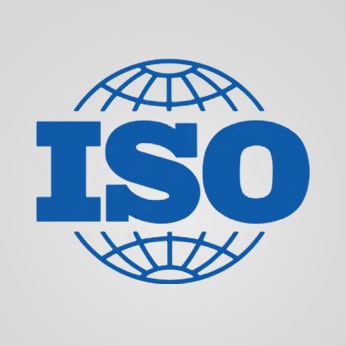

In today’s gambling industry, the International Standards Organization (ISO) plays a unique role. Unlike traditional regulators like the MGA or UKGC, the ISO does not issue licenses or directly oversee operators.
Instead, it creates a global framework that ensures gambling companies operate safely and transparently by developing and implementing international quality standards.
The History of the ISO’s Emergence in the Gambling Industry
The involvement of ISO in the gambling sector began with the increase in demand for the standardisation of safety and quality requirements in online gaming. In the early 2000s, as internet casinos were gaining popularity, the industry faced significant challenges concerning data protection and the assurance of fair play. It was at this point that ISO experts recognized the necessity for establishing unified standards for the gambling sector.
The first notable milestone was the adaptation of the general information security standard ISO/IEC 27001 to meet the needs of the gambling industry. Originally designed to protect corporate data, this document was augmented with specific requirements that catered to the unique aspects of online gaming. This was soon followed by additional standards that collectively formed a comprehensive system for quality assurance in the gambling business.
A Comprehensive Approach to Standardisation
ISO has developed a comprehensive ecosystem of standards that encompasses all aspects of the operations that are conducted by gaming operators. At its core is the ISO/IEC 27001 standard, which outlines the fundamental requirements for information security.
This standard mandates that operators implement a robust Information Security Management System (ISMS), including:
- Data protection policies
- Access management procedures
- Methods of information encryption
- Incident response protocols
- Business continuity plans
The ISO 31000 standard for risk management has become a crucial component of the system.
It assists operators in identifying, assessing, and mitigating risks associated with:
- Fraud
- Money laundering
- Technological failures
- Reputational threats
- Regulatory changes
Scrupulous attention is devoted to the protection of players’ personal data through the ISO/IEC 27701 standard.
This document stipulates stringent requirements for:
- Collection and storage of personal information
- Processing of financial data
- Protection of privacy
- Rights of data subjects
- International transfer of information
The Certification Process and its Significance
Acquiring ISO certification is a complex and multi-layered process that demands considerable investments of time and resources. However, these efforts yield substantial advantages for the business:
Preliminary Preparation
- Analysis of current operational processes
- Identification of discrepancies
- Development of an implementation plan
- Staff training
The Implementation of New Standards
- Compilation ofrequired documentation
- Configuration of processes and procedures
- Implementation of technical solutions
- Conduction of internal audits
Certification Audit
- Verification of compliance with requirements
- Testing of security systems
- Assessment of process efficiency
- The awarding of certification
Influence on the Global Market
ISO certification has emerged as a significant competitive advantage for gambling operators.
The possession of this certification not only verifies compliance with international quality standards but also:
- Facilitates the acquisition of licenses across various jurisdictions
- Enhances trust among players and partners
- Optimizes operational processes
- Mitigates security threat risks
- Elevates the company’s reputation
Technical Aspect
ISO standards impose stringent requirements on the technical infrastructure of gaming operators, with particular emphasis on:
Data Safety
- Multi-layered encryption
- Protection against DDoS attacks
- Oversight of suspicious activity
- Data preservation
Reliability of the Platform
- System robustness
- Load balancing
- Automatic recovery
- Regular testing
Fairness of gaming
- Certified RNGs
- Transparent operating algorithms
- Independent audit of the results
- Protection from tampering
The Future of Standardisation
ISO continues to shape its standards in accordance with the evolution of technology and the market.
The primary areas of development include:
New Technologies
- Blockchain integration
- Utilisation of AI
- Development of Mobile Gambling
- Integration of Augmented Reality
Improvement of Security
- Biometric authentication
- Behavioural analysis
- Predictive threat analytics
- Quantum encryption
Player Protection
- Self-exclusion tools
- Oversight of problematic behaviour
- Transparency of gambling conditions
- Protection of vulnerable groups
Significance for Regulators
National gambling regulators are increasingly adopting ISO standards as a foundation for their own requirements.
This engenders:
- A unified understanding of quality
- The simplification of international cooperation
- The harmonization of requirements
- The enhancement of oversight efficiency
Financial effect
The implementation of ISO’s standards brings operators significant financial benefits, such as:
- Reduction of operational costs
- Optimization of business processes
- Enhancement of operational efficiency
- Increase of client trust
- Expansion of international presence
Accreditations by GLI and ISO: the Key to Compliance with iGaming Regulations in 2025
Conclusion and Future Prospects
ISO continues to play a pivotal role in the evolution of the global gambling industry, establishing a robust foundation for the secure and transparent operations of online gambling establishments. The ongoing refinement of standards, which takes into account emerging technological advancements and challenges, aids the industry in progressing in a favourable direction. In the future, the significance of ISO standards will only increase, particularly in the context of the digital transformation and globalization of the gambling business.
The organization is actively developing new standards that will embrace the advent of technologies such as quantum computing and decentralized finance (cryptocurrency). This will ensure the industry’s preparedness for forthcoming challenges and opportunities while maintaining a high level of security and quality of services for players around the world.
